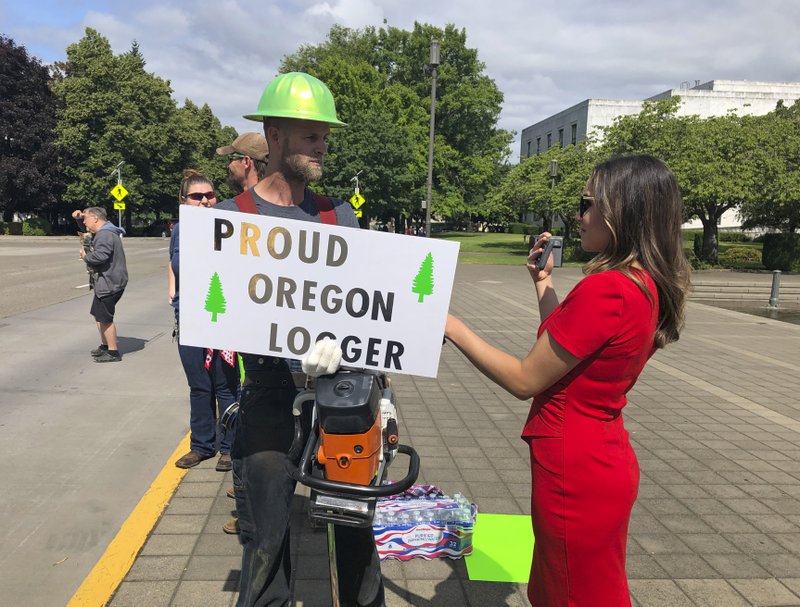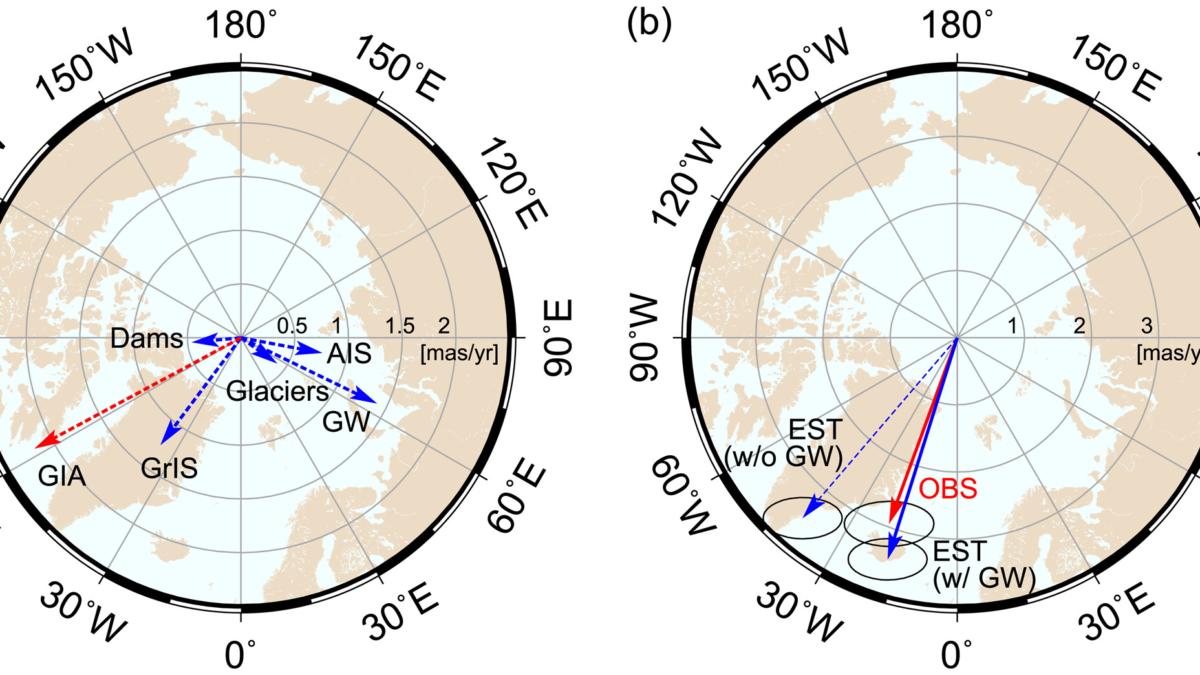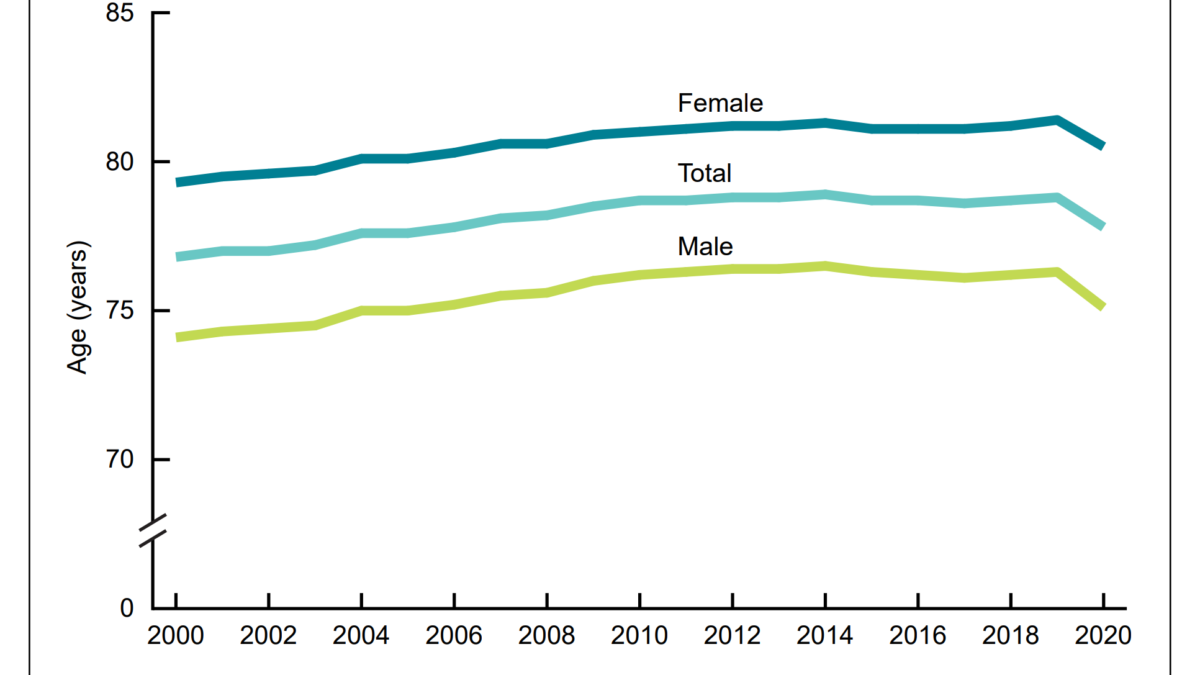Brazil’s Amazon deforestation surge is real, despite President Bolsonaro’s denial – Brazil environmental agencies and deforestation controls “effectively dismantled”
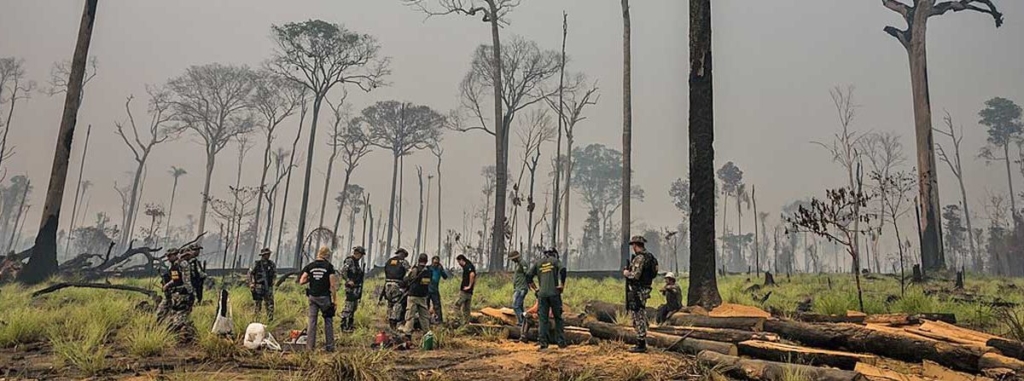
By Philip M. Fearnside
29 July 2019
(Mongabay) – Brazil’s Amazonian deforestation in June 2019 was 88 percent greater than for the same month in 2018, and deforestation in the first half of July was 68 percent above that for the entire month of July in 2018. There is no reason to question INPE’s current deforestation numbers from the DETER (Detection of Deforestation in Real Time) satellite monitoring program.
President Bolsonaro has repeatedly attacked INPE — the Brazilian agency in charge of tracking deforestation — especially since 19 July 2019, when he stated at a breakfast with journalists: “Regarding the issue of INPE, I hold the conviction that the data are lies.” Bolsonaro claims to be “surprised” by the great increase shown by the recent numbers and alleges that INPE’s finding is inconsistent with results from the first months of 2019. However, the differences are easily explained and do not invalidate the numbers that the president questions. [cf. Brazil president Jair Bolsonaro declares “the Amazon is ours” and accuses scientists of lying about deforestation data. –Des]
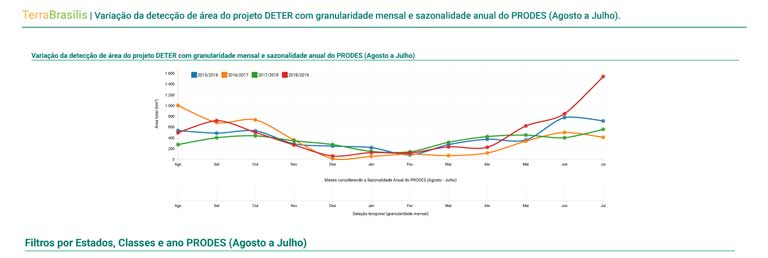
In three of the first four months of 2019, deforestation rates were lower than in 2018, but these months occur during Amazonia’s rainy season when hardly any clearing takes place, making them essentially irrelevant to the annual total. Wide year-to-year variations in these months is normal, since variation in factors such as cloud cover (which is always great during the rainy season) can greatly influence the results.
June 2019, on the other hand, is the first full dry-season month to occur in President Bolsonaro’s administration, and the great increase in clearing is both real and important. The result for May saw an increase of over 30 percent, providing a forewarning for June. Rather than being a “surprise,” as the president claims, the June result confirms the many anecdotal accounts of deforestation behavior on the ground, including numerous invasions of indigenous reserves by loggers and miners, and it fits with the expectation of conservationists that the climate of impunity that the administration’s rhetoric has promoted would lead to environmental crimes.
The alerts provided by the DETER monitoring system have been an important part of Brazil’s deforestation control system in past years because they provide the locations of clearing activity in real-time, so that environmental authorities can stop the clearing, enforce laws and apply fines. However, in the current administration field inspections and the issuing of fines has been almost completely halted, and deforesters who are caught are, at most, simply informed of the regulations they are violating. Although DETER results are an important tool for protecting the forest, they will not have that effect unless the administration changes its policies on the environment.
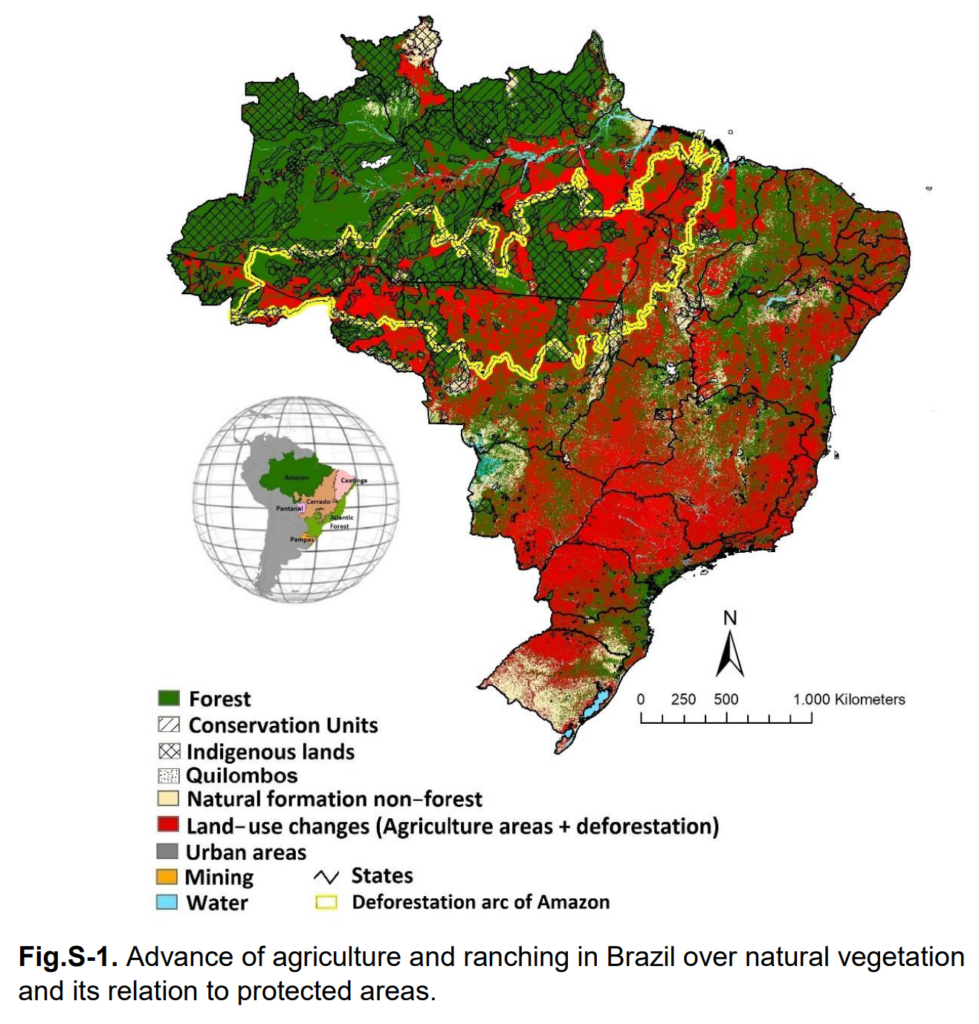
The great jump in deforestation can be attributed to both the rhetoric and to the actual measures of the Bolsonaro administration. Other factors that could provide alternative explanations have not changed greatly, such as Brazil’s (low) overall economic activity, the prices of soy and beef and the exchange rate of Brazilian currency against the US dollar.
The Amazon conservation outlook for the remainder of President Bolsonaro’s four-year term is grim, as the administration has in only six months effectively dismantled Brazil’s environmental agencies, deforestation control program, and environmental licensing system. A paper published in Environmental Conservation [pdf]on 24 July 2019 provides extensive documentation of these setbacks. [more]
Brazilian Amazon deforestation surge is real despite Bolsonaro’s denial (commentary)
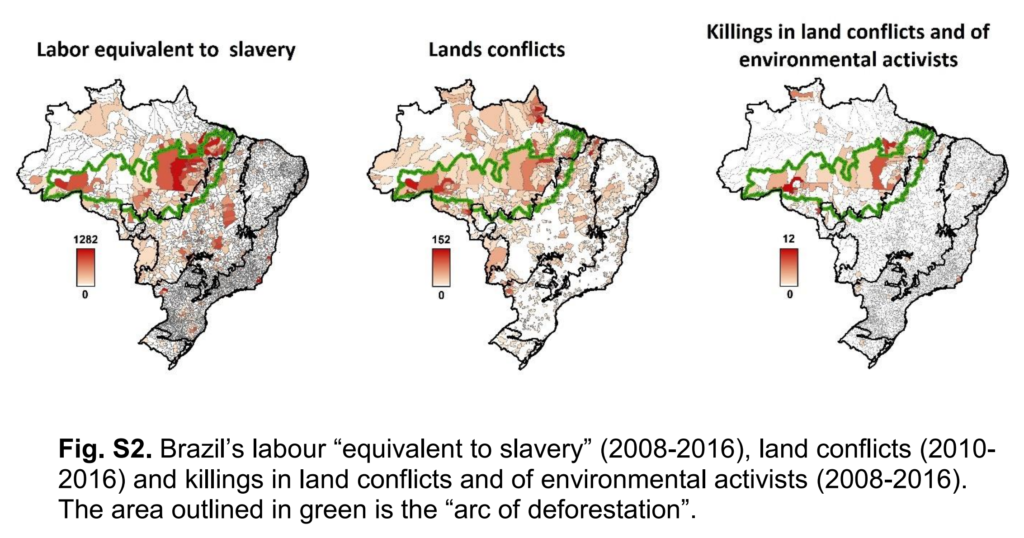
Brazil’s new president and “ruralists” threaten Amazonia’s environment, traditional peoples, and the global climate
ABSTRACT: Jair Bolsonaro, Brazil’s new president, has appointed ministers who support the agenda of “ruralists” (large landholders and their representatives), a group that is a key part of President Bolsonaro’s political base. No congressional approval is needed for ministerial appointments in Brazil. Ricardo Salles, the new environment minister, holds anti-environmentalist views that were recently epitomized by a television interview in which he was asked about the relevance of Chico Mendes, after whom one of the agencies under the Environment Ministry is named. He replied by denigrating this conservation leader and martyr, citing what he described as the views of people in agribusiness, and asked rhetorically “what difference does it make who Chico Mendes was?” The minister has also announced that he will review existing conservation units and allow railways (and apparently also highways) to pass through these areas. Ricardo Salles has replaced environmental specialists by military police within the agency, which facilitates subservience and reduces the agency’s technical capacity for action, but has not helped combat illegal deforestation. In his capacity as Environment Secretary for the state of São Paulo (before his appointment as minister) he was convicted “malicious” alteration of zoning maps. His sentence bars him from holding political office for three years, which led the Public Ministry (a public prosecutor’s office to defend the rights of the people) to request his immediate removal from the Environment Ministry, but the administration did not obey. On 7 June 2019, environment minister Salles was denounced once again to the Federal Public Ministry for his persecution of the ministry’s staff, for transferring the Brazilian Forestry Service from the Ministry of Environment to the Ministry of Agriculture, and other misconduct.
Brazil’s new president and “ruralists” threaten Amazonia’s environment, traditional peoples and the global climate [pdf]
